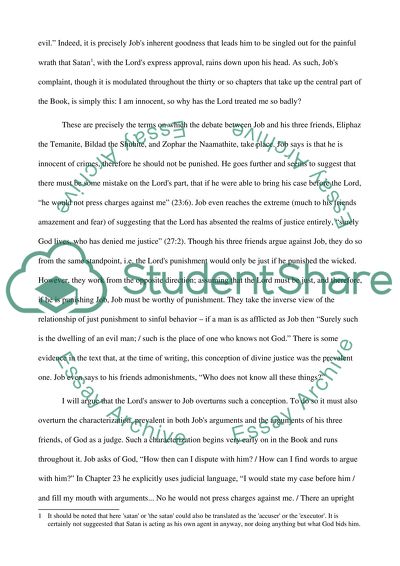Cite this document
(“The Book of Job Essay Example | Topics and Well Written Essays - 1250 words”, n.d.)
Retrieved from https://studentshare.org/miscellaneous/1515236-the-book-of-job
Retrieved from https://studentshare.org/miscellaneous/1515236-the-book-of-job
(The Book of Job Essay Example | Topics and Well Written Essays - 1250 Words)
https://studentshare.org/miscellaneous/1515236-the-book-of-job.
https://studentshare.org/miscellaneous/1515236-the-book-of-job.
“The Book of Job Essay Example | Topics and Well Written Essays - 1250 Words”, n.d. https://studentshare.org/miscellaneous/1515236-the-book-of-job.


